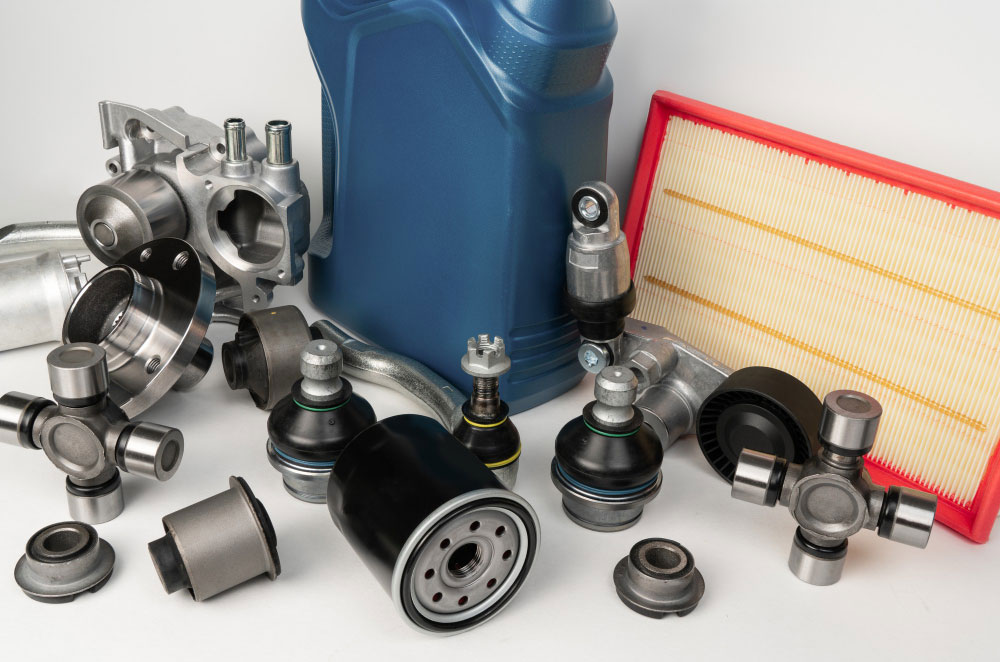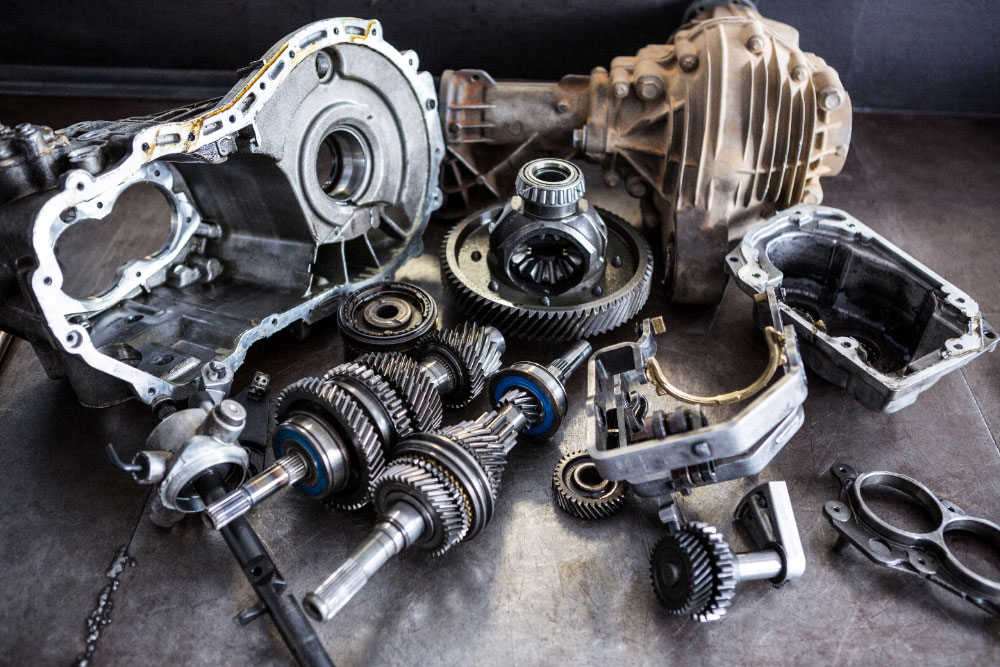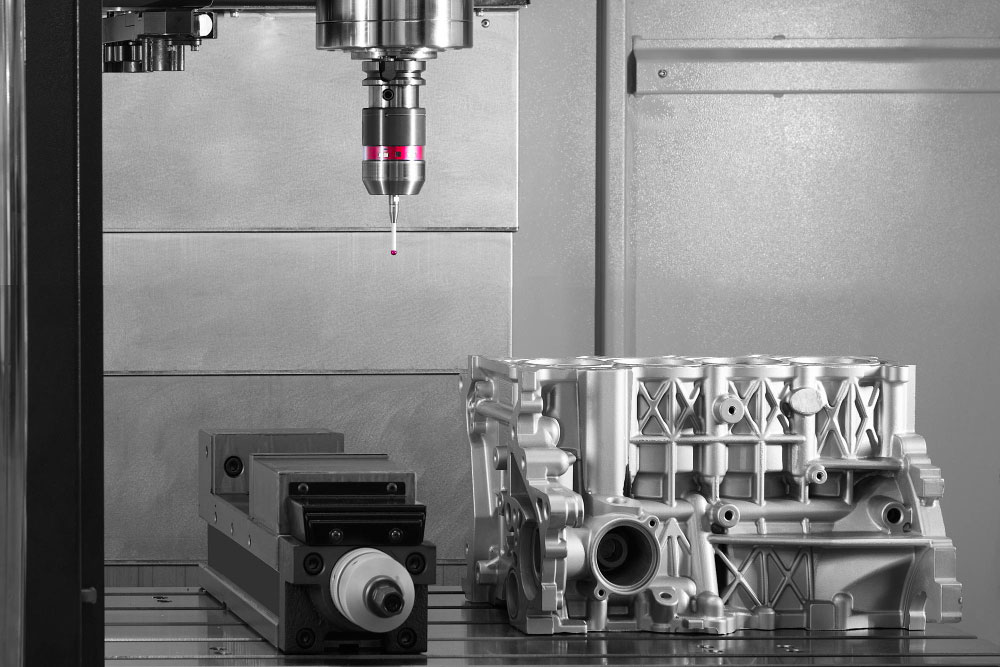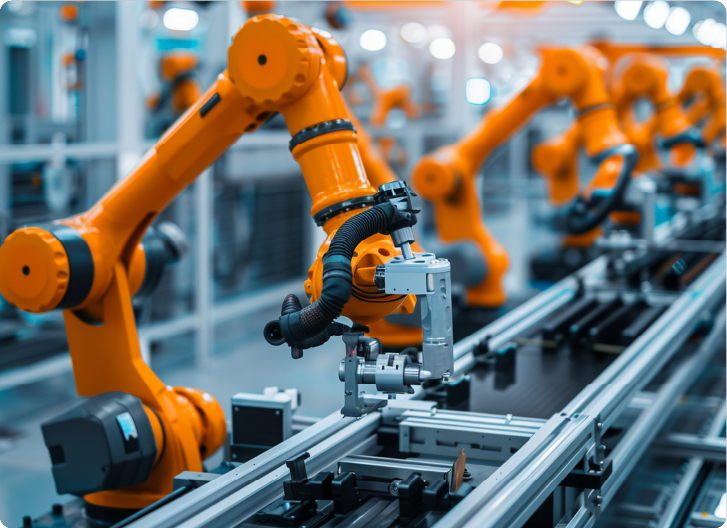
The automotive industry is constantly innovating to create more efficient, reliable, environmentally friendly, and attractive vehicles. A key technology driving this change is injection molding, a manufacturing process that is transforming how car parts are designed and made. Injection molding offers greater design options, better material use, and the ability to produce large quantities to meet today’s market needs.
Injection molding allows for creating complex shapes and detailed features with high precision. This flexibility lets designers develop parts that were previously difficult or impossible to make.
With injection molding, parts can include intricate designs and integrated functions like cooling channels or electrical paths. This reduces the need for extra assembly steps, making parts lighter and more streamlined. For example, modern dashboards and interior panels can feature detailed designs and functional elements seamlessly.
Injection molding enables the creation of lightweight parts without losing strength. By optimizing how material is distributed in a component, manufacturers can produce parts that are both strong and light, improving fuel efficiency and vehicle performance.

Injection molding uses materials efficiently, which is important for sustainability in the automotive industry. The process minimizes waste and allows for a variety of materials to be used according to specific needs.
The precise control in injection molding ensures that material usage is optimized, and excess material is often recyclable. This reduces waste and production costs, supporting the industry's sustainability goals.
Injection molding can work with many materials, including different plastics, composites, and metal alloys. This allows manufacturers to choose the best material for each part, such as durable plastics for exterior parts or flexible materials for interiors.
Modern injection molding technologies support the use of recyclable and biodegradable materials, helping the automotive industry move towards greener practices without compromising quality.
Injection molding is ideal for producing large quantities of car parts with consistent quality and precision, which is essential for the automotive industry.
Injection molding can produce thousands of identical parts quickly, meeting the high demand of automotive manufacturing.
Each part made through injection molding meets strict quality standards, reducing defects and ensuring reliability.
Injection molding can easily scale up or down based on production needs, making it flexible for different production volumes.

Injection molding will continue to play a crucial role in the future of automotive design, especially with advancements in technology and a focus on sustainability.
Combining injection molding with technologies like CNC machining and 3D printing creates more precise and efficient manufacturing processes.
Injection molding’s efficiency and ability to use recyclable materials align with the automotive industry's move towards more sustainable manufacturing.
Continuous improvements in materials and molding techniques keep injection molding at the forefront of automotive manufacturing, supporting the development of new high-performance parts.
Injection molding is a fundamental technology in modern car manufacturing, enabling innovative designs, efficient material use, and large-scale production. As the automotive industry advances towards more sustainable and high-performance vehicles, injection molding will remain essential in creating the next generation of cars. Embracing this technology is vital for manufacturers aiming to stay competitive and drive the industry forward.
